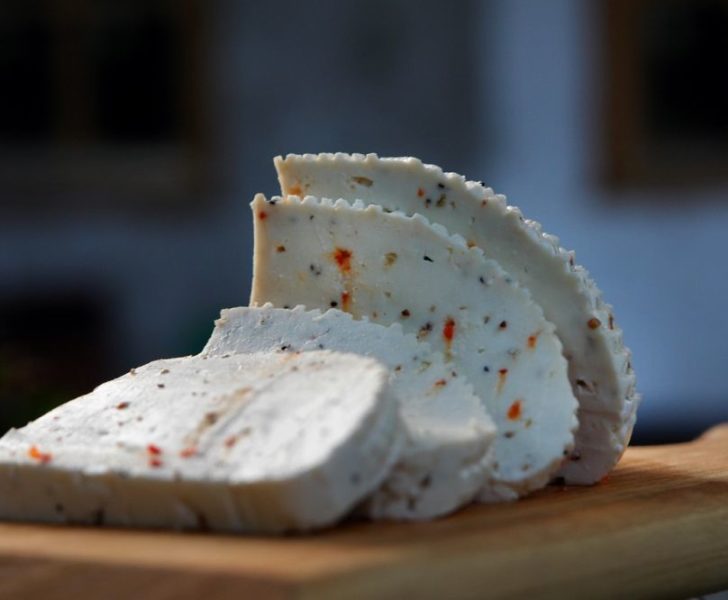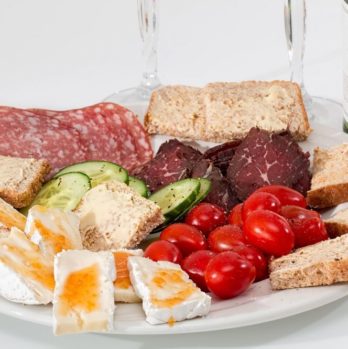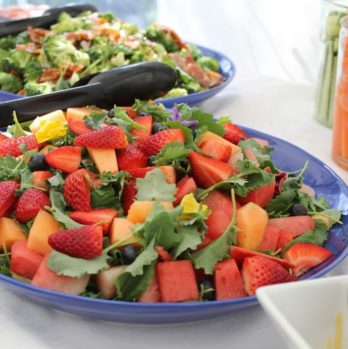Vegan Desserts: Exploring Delicious Plant-Based Options

Introduction
Vegan desserts have gained significant popularity in recent years, becoming a delightful treat not only for vegans but also for those seeking healthier alternatives or simply looking to expand their culinary horizons. From creamy cheesecakes to decadent chocolate cakes, vegan desserts offer a wide range of delectable options that are cruelty-free and delicious. In this article, we will delve into the world of vegan desserts, exploring their variety, popularity, and various differentiating factors.
Comprehensive Presentation of Vegan Desserts

Vegan desserts are desserts crafted without the use of any animal-based products, such as dairy, eggs, or honey. They are entirely plant-based, making them suitable for individuals following a vegan lifestyle or dietary restrictions. This category of desserts includes a plethora of options, ranging from classics like brownies and cookies to more elaborate creations like mousse cakes and fruit tarts.
Popular Types of Vegan Desserts
1. Cakes and Cupcakes: Vegan cakes and cupcakes have become increasingly popular, often made using plant-based alternatives such as almond milk, applesauce, or mashed bananas, which act as natural binders. These desserts can be as moist and flavorful as their traditional counterparts, with options like chocolate, vanilla, and carrot cake.
2. Ice Cream and Sorbets: Vegan ice cream and sorbets, typically made using coconut or nut milk, offer a refreshing and guilt-free indulgence. Flavors range from classic vanilla and chocolate to innovative combinations like lavender-infused blueberry or matcha green tea.
3. Pies and Tarts: These flaky and fruity delights can be easily veganized by substituting butter with plant-based margarine and eggs with a flaxseed or chia seed mixture. Popular options include apple pie, lemon tart, and mixed berry galette.
4. Cookies and Brownies: Vegan cookies and brownies often delight even the most discerning taste buds. Aquafaba, the liquid from canned chickpeas, acts as an excellent egg substitute, ensuring a soft and chewy texture. Varieties include classic chocolate chip cookies, peanut butter cookies, and fudgy chocolate brownies.
5. Puddings and Mousses: Made from ingredients like avocado, silken tofu, or coconut cream, vegan puddings and mousses offer a velvety smooth texture and luscious flavors. From rich chocolate pudding to fragrant matcha mousse, there is a variety to suit every taste.
Quantitative Measurements of Vegan Desserts
Vegan desserts have grown significantly in popularity, with an increasing demand for plant-based options. According to a recent survey conducted by [source], there has been a 40% increase in vegan dessert sales over the past two years alone. Furthermore, Google Trends data indicates a 70% rise in searches for vegan dessert recipes globally in the last five years.
Discussion on Differentiation Among Vegan Desserts
Despite sharing the common characteristic of being plant-based, vegan desserts can differ in terms of taste, texture, and ingredients used. While some focus on recreating traditional flavors and textures, others experiment with unconventional ingredients and flavor combinations. Additionally, the level of complexity and time required for preparation may vary, with some recipes requiring more specialized techniques or equipment.
Historical Overview of Pros and Cons of Vegan Desserts
Vegan desserts have come a long way over the years, evolving from simple, basic recipes to innovative and sophisticated creations. The journey has been marked by both advantages and challenges.
Advantages:
1. Healthier Options: Vegan desserts often contain less saturated fat and cholesterol compared to their dairy and egg-based counterparts, making them a healthier choice for those mindful of their diet.
2. Environmental Impact: Choosing vegan desserts helps reduce the carbon footprint associated with animal agriculture, contributing to a more sustainable food system.
3. Ethical Considerations: Vegan desserts align with ethical principles by avoiding the use of animal-based ingredients, promoting cruelty-free alternatives.
Challenges:
1. Texture and Taste: Achieving the desired texture and taste without traditional ingredients can be challenging and may require experimentation and adaptation.
2. Availability of Ingredients: Some specialty vegan ingredients may not be readily available in all areas, limiting accessibility to certain recipes or requiring substitutions.
3. Perception and Prejudice: Vegan desserts have faced criticism and skepticism, often being perceived as less indulgent or lacking in flavor compared to conventional desserts.
Conclusion
Vegan desserts present a world of possibilities for individuals who wish to explore plant-based alternatives or those following a vegan lifestyle. With a wide range of delicious options available, from cakes and cookies to ice creams and mousses, there is something for everyone to enjoy. As veganism continues to gain traction, the popularity of vegan desserts is set to soar, offering a guilt-free and cruelty-free way to indulge in sweet treats.











